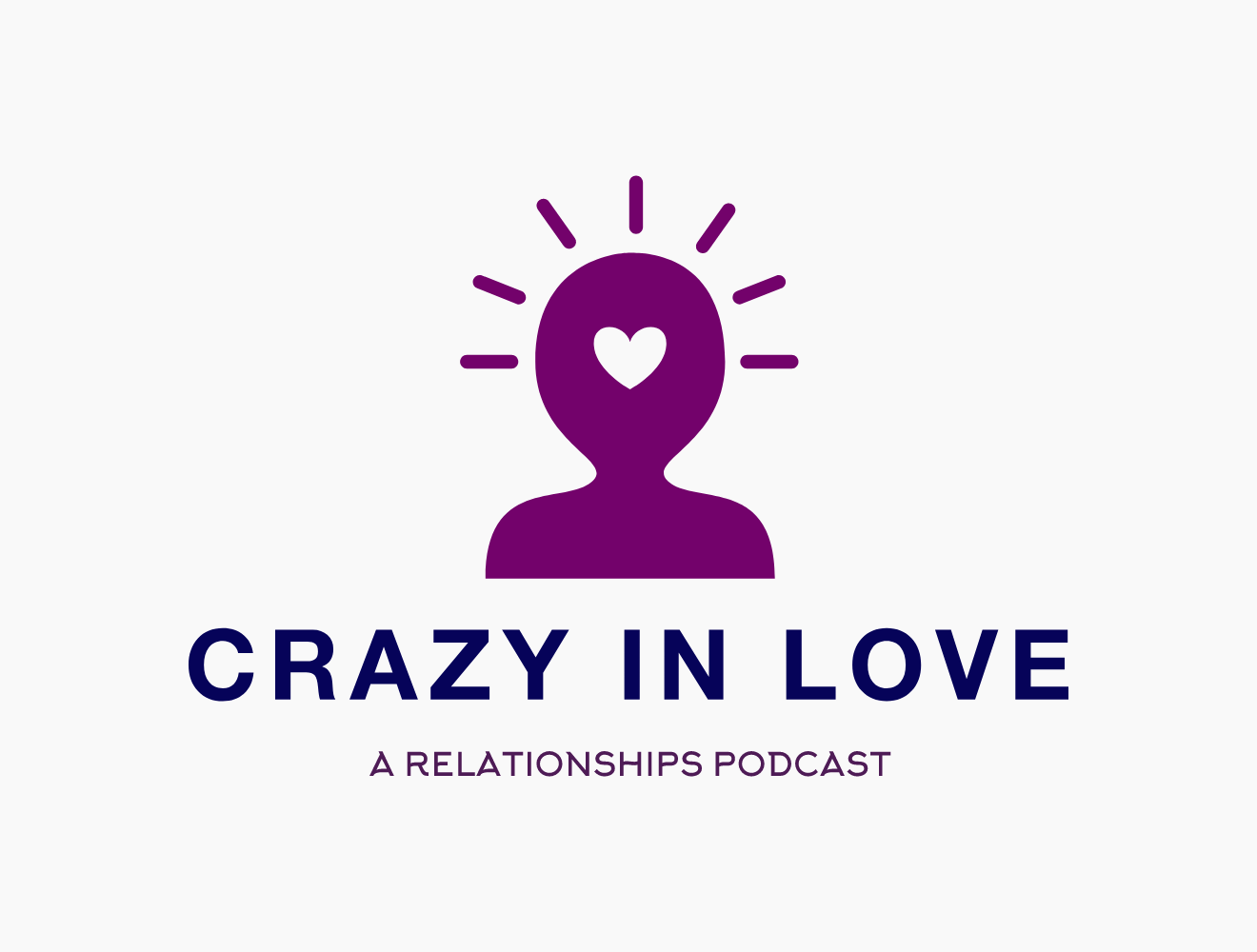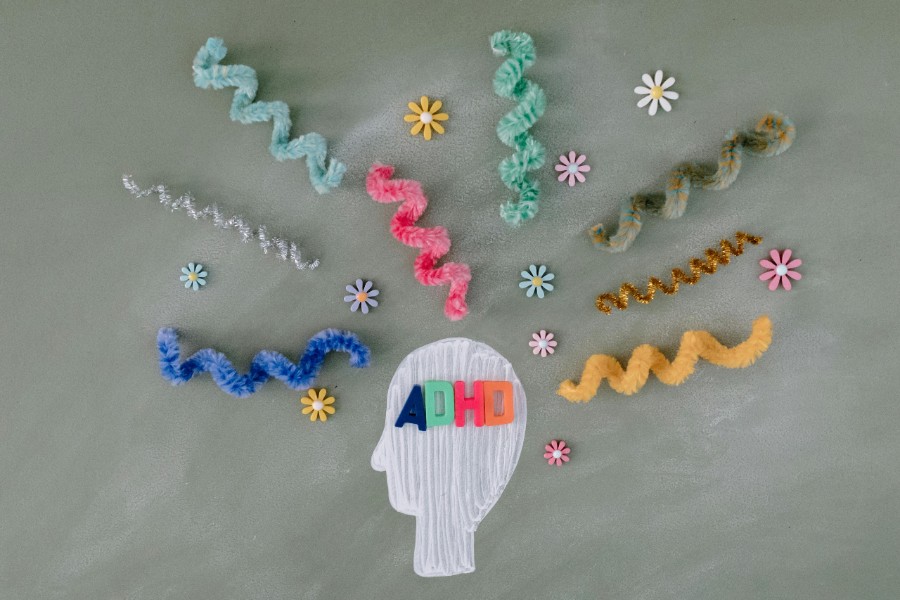
Will AI replace humans in the consulting room?
AI can read MRI scans better than humans already. Can it do better therapy than us, too?
I had the pleasure of contributing to Catherine Jackson's piece on AI in Therapy Today magazine.
The link to the piece is here.
There's no doubt that AI can and will help therapists with things like intake interviews, documentation, notes and supporting clients between sessions.
And NICE have fast-tracked approval for nine mental health apps to treat anxiety and depression within the NHS.
As Catherine says, apps can deliver the ‘specific factors’ in low-intensity therapy – the specific interventions aimed at tackling the problem, such as behavioural activation techniques for depression.
But the ‘common factors’ – the techniques the therapists use to engage and motivate the client – still need a human to deliver them.
I can foresee a day where a lot of CBT-type therapy is replaced (or at least heavily supplemented) by AI, and used to target specific mental health struggles in a more forensic manner than at present - backed up by AI-driven, large-scale randomised control trials.
Alongside that, I can see a co-existing service offered by human therapists - helping people cope with grief, or relationships struggles, or more existential life challenges.
But I'm open to the idea that AI will one day be even better at all that than humans.

Crazy In Love: recent podcast episodes
.webp)



